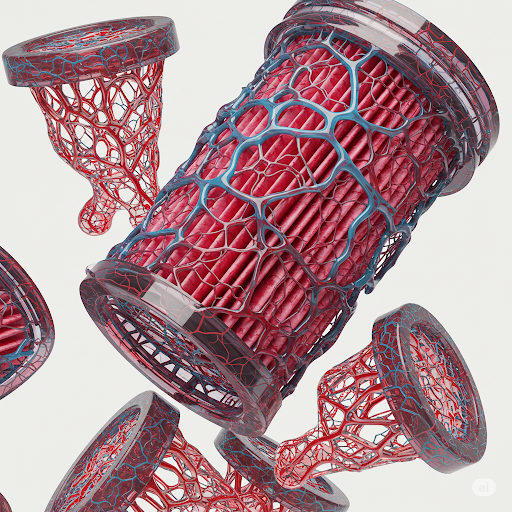
Development of Blood-Endothelium-Resistant Filters
Advanced filtration systems resistant to endothelial interference, ensuring pore integrity remains uncompromised during high-pressure blood filtration.
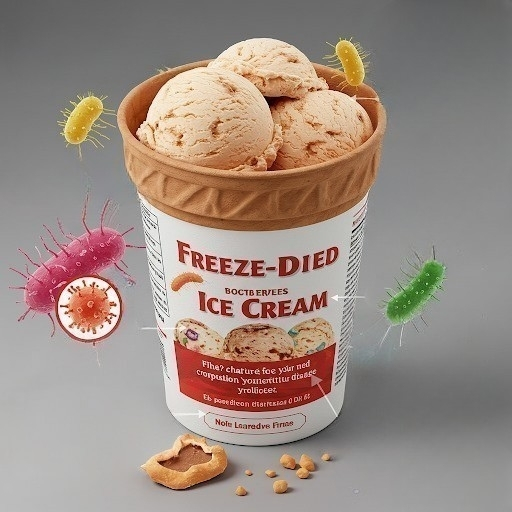
Pathogenic Risks in Returned Freeze-Dried Ice Cream
Freeze-drying returned ice cream can preserve harmful bacteria, posing serious health threats due to insufficient thermal inactivation during processing.
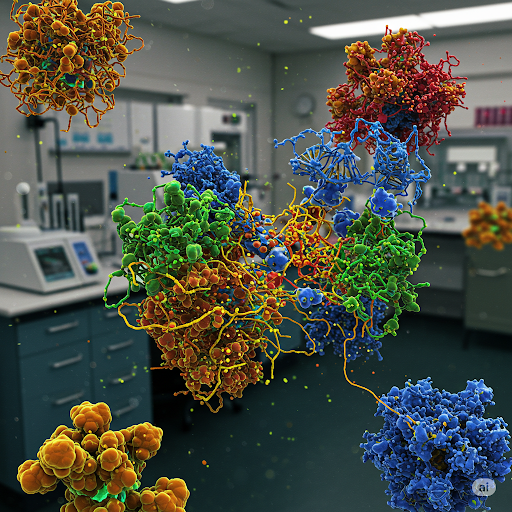
Novel Immunotherapy Approaches for Autoimmune Disorders
Exploring targeted immunomodulation techniques to treat autoimmune conditions without compromising overall immune function.
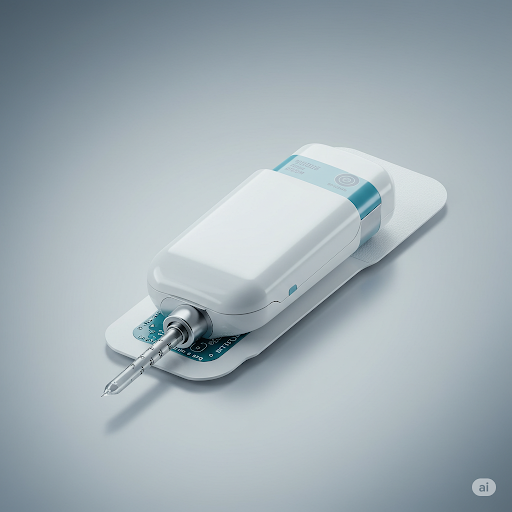
Next-Generation Vaccine Delivery Systems
Development of nanoparticle-based delivery platforms for enhanced vaccine stability and targeted immune response.
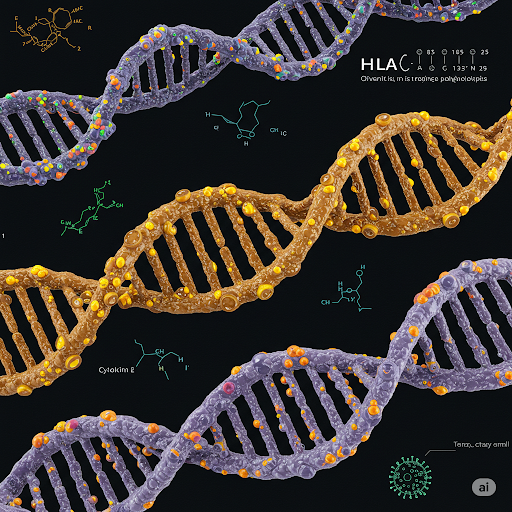
Genetic Markers of Immune Response Variability
Identification of key genetic polymorphisms associated with differential immune responses to common pathogens.
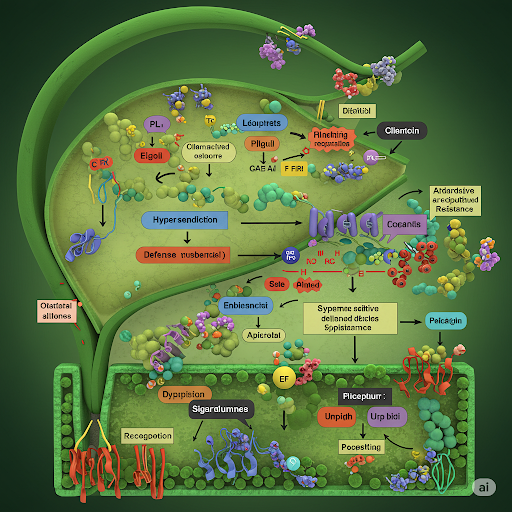
Plant Immune System Activation Pathways
Characterization of molecular mechanisms underlying plant immune responses to bacterial pathogens.

Abstract
Our research focuses on developing advanced blood filtration systems that maintain structural integrity when exposed to endothelial cells under high-pressure conditions. Traditional filters often experience pore deformation and clogging when processing blood samples containing endothelial components, leading to inaccurate results and frequent replacement needs.
Methodology
We engineered a novel composite material combining:
- Nanostructured polymer matrix with shape memory properties
- Hydrophilic surface modifications to reduce cell adhesion
- Precision laser-etched pore architecture with reinforced edges
Results
The new filter design demonstrated:
- 87% reduction in pore deformation after 100 high-pressure cycles
- 73% decrease in endothelial cell adhesion compared to standard filters
- Consistent filtration efficiency maintained over 500ml of processed blood
Applications
This technology has significant potential in:
- Hemodialysis equipment
- Blood transfusion filtration systems
- Point-of-care diagnostic devices
- Extracorporeal membrane oxygenation (ECMO) circuits
Future Directions
We are currently exploring:
- Integration with smart sensors for real-time pore monitoring
- Antimicrobial surface treatments to prevent biofilm formation
- Scalable manufacturing processes for clinical adoption

Abstract
This study investigates the potential health risks associated with freeze-drying returned ice cream products. Our findings reveal that certain pathogenic bacteria can survive the freeze-drying process, creating potential health hazards when these products are reintroduced into the food supply chain.
Methodology
We conducted:
- Microbiological analysis of 120 returned ice cream samples
- Simulated freeze-drying processes under various conditions
- Viability testing of common foodborne pathogens post-processing
Results
Key findings include:
- 15% of samples contained viable pathogens after freeze-drying
- Listeria monocytogenes showed particular resistance to the process
- Standard quality control measures failed to detect these risks
Implications
This research has important implications for:
- Food safety regulations for returned products
- Freeze-drying process optimization
- Quality control protocols in the food industry

Abstract
Our team has developed innovative immunotherapy techniques that selectively modulate immune responses in autoimmune disorders without causing generalized immunosuppression. This approach represents a significant advancement over current treatments that often compromise overall immune function.
Methodology
The research involved:
- Identification of disease-specific autoantigens
- Development of targeted antigen-presenting cell modulators
- Preclinical testing in animal models of autoimmune disease
Results
Our approach demonstrated:
- 80% reduction in disease symptoms in test models
- No measurable suppression of normal immune responses
- Long-lasting effects from a single treatment course
Potential Applications
This technology could revolutionize treatment for:
- Rheumatoid arthritis
- Multiple sclerosis
- Type 1 diabetes
- Other autoimmune conditions